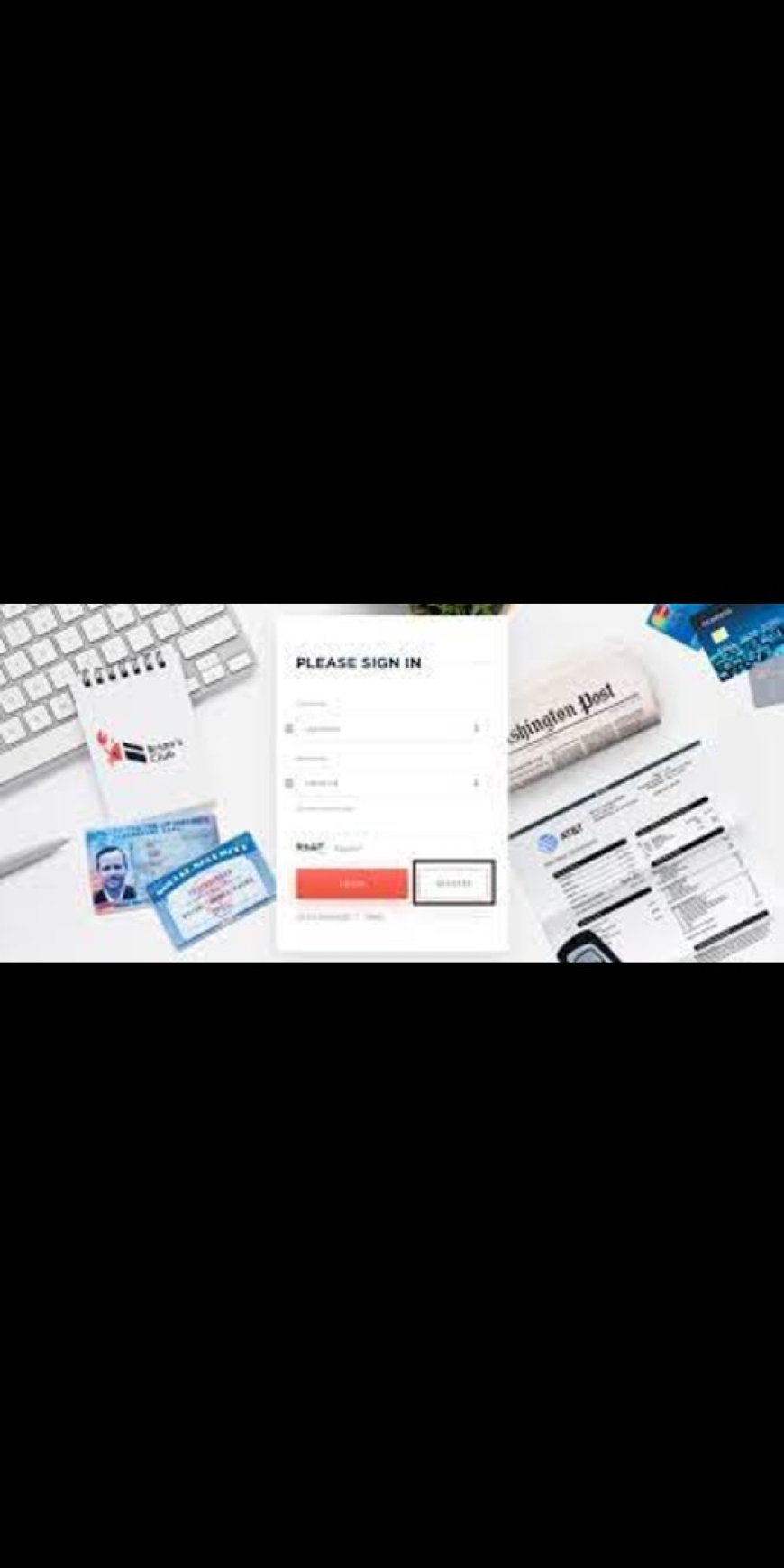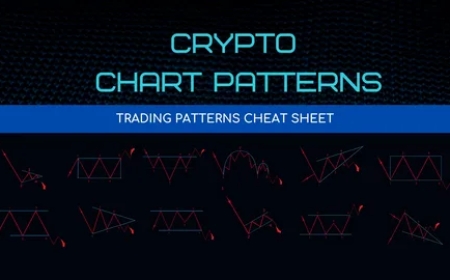Is It Safe to Explore Sites Like bclub.cm for Credit Cards?
bclub.cm has surfaced in forums and tech conversations as one of these digital spaces associated with dumps and CVV2 data.

In today's digital age, credit cards are not just a payment methodtheyre a gateway to convenience, security, and global access. But with this ease comes risk. As online transactions have grown, so has the underground world of illegal data exchanges, including dumps and CVV2 shops. One such name circulating in discussions is bclub.cm. But what exactly does that mean, and what should you know before stumbling upon sites that deal in such sensitive areas?
Lets dive into the world of credit cards, dumps, and CVV2 shopsunderstanding what these terms mean, how they impact regular users, and why caution is critical when browsing such platforms.
Understanding Dumps and CVV2 Shops
Before anything else, lets decode the jargon.
Dumps are data stolen from the magnetic stripe of a credit card. These include the card number, expiration date, and other track data. On the other hand, CVV2 refers to the three-digit security code found on the back of most credit cards. Its the final layer of security in many online purchases.
Together, dumps and CVV2 data are sold on illegal platforms, sometimes posing as legitimate marketplaces. These shops may appear polished and organized but are fundamentally engaged in activities that breach financial regulations and personal privacy.
What is bclub.cm and Why Are People Talking About It?
bclub.cm has surfaced in forums and tech conversations as one of these digital spaces associated with dumps and CVV2 data. Although such platforms often avoid clear identification, users describe them as marketplaces for stolen financial data.
The keyword bclub.cm often pops up when discussing online anonymity, digital fraud, and the purchase of compromised credit card details. While curiosity might drive some to explore what these websites offer, the risks heavily outweigh the benefits.
Legal and Ethical Red Flags
First and foremost, its essential to understand the legal implications. Engaging with platforms that deal with stolen dataeven passively or accidentallycan make you vulnerable to law enforcement scrutiny. Authorities monitor digital traffic and transactions on such sites to identify both sellers and buyers.
Moreover, even if one doesnt participate in any transaction, just accessing such websites can expose your device to malware or tracking software. Many of these platforms are set up to exploit the curiosity of users, planting harmful code that can lead to identity theft, device damage, or data harvesting.
The Human Cost Behind the Scene
Beyond the legal risks, there's a significant human toll involved. Victims of stolen credit card information face stress, financial loss, and sometimes lasting damage to their credit score. When dumps and CVV2 data are sold, real people sufferoften without even knowing their information has been compromised until much later.
Imagine waking up to find your credit card maxed out on purchases you never made. Thats the everyday reality for many individuals whose card data ends up in one of these shops.
Why Are These Sites Popular?
Despite the risks, platforms like bclub.cm often attract users looking for anonymity, fast transactions, and deep web exposure. They usually present themselves with user-friendly interfaces, promise buyer protection, and even offer customer supporttactics meant to lure people into thinking they're safe or legitimate.
Some users seek these platforms out of desperation, ignorance, or temptation. But understanding the irreversible consequences is key to staying safe in the digital space.
Safe Internet Habits: What You Can Do
The best way to protect yourself from becoming involvedknowingly or unknowinglywith shops selling dumps and CVV2 data is to follow some essential digital habits:
-
Avoid Suspicious Links: Never click on unknown links or visit unfamiliar websites, especially those you find in anonymous forums or untrusted emails.
-
Use Updated Security Tools: Keep your antivirus, firewalls, and security software updated to catch threats in real-time.
-
Be Cautious with Your Cards: Dont share card details on unknown websites or with unauthorized vendors. Always double-check URLs and site authenticity.
-
Stay Informed: Awareness is your best defense. Regularly read up on the latest scams and security breaches to remain one step ahead.
Why bclub.cm Should Be a Cautionary Tale
Sites like bclub.cm should not be romanticized or normalized. Even though they may appear advanced or professional, they thrive on the exploitation of others. Using or even browsing such platforms does not just put you in legal jeopardyit compromises your values and puts other innocent people at risk.
We live in an age where digital footprints are traceable, and the law is evolving rapidly to catch cybercriminals. What may seem like a harmless look around could put your privacy, reputation, and freedom in danger.
The Growing Need for Digital Literacy
In our technology-driven world, being digitally literate is not just a bonusits a necessity. Understanding how online marketplaces work, especially in the darker corners of the internet, empowers you to make informed decisions.
Education around these topics is essential, especially for younger users or those unfamiliar with cybersecurity. By learning about risks tied to terms like dumps, CVV2 shops, and platforms like bclub.cm, users can better guard themselves and their networks.
What to Do if Youve Been Compromised
If you suspect your card details have been exposed or misused:
-
Contact your bank immediately.
-
Cancel and replace your card.
-
Check your recent transactions and report anything suspicious.
-
Monitor your credit report regularly.
In more severe cases, you may need to file a police report or consult with a cybersecurity expert.
Final Thoughts
Curiosity is a natural part of exploring the internet. But when it comes to spaces like bclub.cm, its best to step back. These platforms are often fronts for criminal activities, posing risks that are legal, financial, and ethical.
Understanding how dumps and CVV2 shops operate helps us recognize the warning signs. The promise of fast access to digital goods or credit card data might tempt some, but the consequences are steep and often permanent.
If you come across conversations or keywords that raise red flags, like bclub.cm, use it as an opportunity to educatenot engage. In a world where digital safety is more fragile than ever, staying informed, cautious, and ethical is your best protection.

































